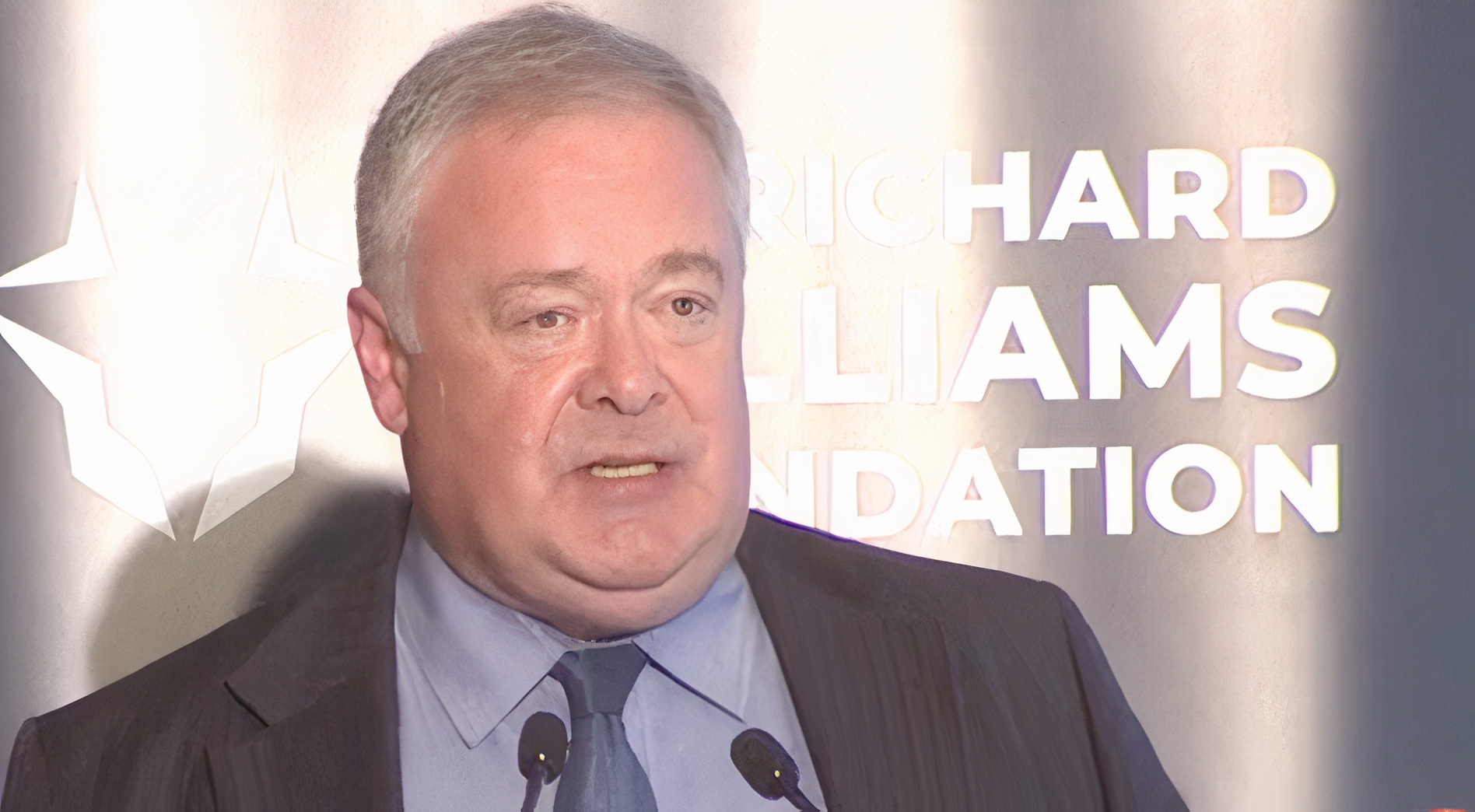“Australia is Facing its German Moment”
At the Williams Foundation seminar on March 24, 2022, Peter Jennings, Executive Director of the Australian Strategic Policy Institute, put it bluntly and directly to the audience: We are facing a significant defense threat, and we need to take it seriously and get prepared.
A recent article by Greg Sheridan in The Australian raised a similar waring when he looked back to the 1930s and saw analogies to the current situation. “If the 2020s are really the 1930s all over again, how is it the government is not going to produce any significant new defence capabilities for the rest of this decade?
“This decade does resemble the 1930s, not because we face a new Hitler or even a new imperial Japan but because of the utter fecklessness of defence policy and the miserable failure in defence of both sides of politics. Australian leaders spent the 1930s “admiring the problem” of defence. They understood Nazi Germany and imperial Japan and made sententious statements all through the decade. But they did almost nothing to provide significant Australian capabilities.”

Jennings noted that when Prime Minister Morrison introduced in July 2020, the new defense strategy, as an aside he was concerned that indeed the current decade had a resemblance to the global threats of the 1930s.
Jennings highlighted what he sees as the key driver of this challenge, namely, what I refer to as the global threat from the 21st century authoritarian powers.
Here is how he put it: “The publicly stated goals in terms of the world’s two most powerful authoritarian regimes are to break the international order and to remake it under their control. Beijing and Moscow’s, having both separate and shared interests, but their intent has been publicly articulated for at least a decade. One thing you can say about these authoritarian systems is that they do not disguise their plans. No one today could credibly claim that China is an enigma wrapped in a mystery. You just need to read Xi Jinping’s speeches….”
He then underscored the question of how the authoritarian leaders have envisaged the way ahead.
“We know Xi Jinping believes that the West, and the United States in particular, is in terminal decline. We know that Xi thinks of himself as a world’s historical figure, uniquely placed to hold China together and uniquely placed to force Taiwan into the People’s Republic.
“I also think it’s fair to say that Xi Jinping’s view of Taiwan is somewhat like Putin’s in Ukraine shaped by emotion and by invented historical memory. In other words, this is not a bloodless game theory calculation. A war over Taiwan would ultimately be Xi Jinping’s war rather than China’s war, just as the war in Ukraine is Putin’s war, not necessarily Russia’s war.
“But the tragedy of Russia and China is that their political systems have been purpose built to give one leader the capacity to take their country to war. And this is how unthinkable was happened.”
But then what do Australia and the West need to do?
Jennings warns: “As far as Australia is concerned, I think we find ourselves in a type of strategic twilight zone. We know we’re in such a crisis, or at least on the glide path to one. We also know that this is a crisis with the potential to grow into a global configuration. And yet, we are not behaving as though this is the reality we face. If we really thought that war was coming, wouldn’t we be doing things differently around the defense capability development today?”
He underscored that Australia needs (and one could certainly add the United States to his warning) to focus on force building and strategic depth as an urgent matter for defense acquisition not only a process of long-term force building.
Jennings articulated his concern as follows: “I do wonder if the defense obsession about building the perfect networks and integrated force has contributed to our current inability to change gear. Through all of my defense career, we were designing and equipping the defense force in a world where the pace of strategic change was an interesting artifact, rather than a clock ticking on Australia’s security.
“We could take 20 years to design and deliver defense capability, and it didn’t really matter.
“And what that meant was that we could polish those capabilities as though we were building the ultimate Hornby railway set, all designed to run around a beautifully networked and integrated track.”
He then went back to his 2018 presentation at a Williams Foundation seminar to reinforce his concern and his point: “Four years ago, almost to the day at the 2018, Sir Richard Williams conference, I spoke on the topic of deterrence. And on that occasion, one thing I did was to advocate for the acquisition of the B-21 aircraft. My reasoning for this was that it would add substantial deterrent capability to an ADF, that looked to me, to be under gunned. Now, more credentialed people than me have also made this case. Had we gone down that track at the time of the 2016 defense white paper, we would have been well placed to see the arrival of B-21 currently in production sometime caught quite soon. Now, of course, that didn’t happen. And I would have to say that defense’s interest in that I idea was not so much zero as about minus 100.”
As a result of the clash between geopolitical strategic reality and Australian perceptions, he forecast a “German moment” for Australia.
“I think Australia is very soon going to have its own German moment. I’m sure you know that just weeks ago, Germany reversed some of its most entrenched defense and security policies, which had been embedded for decades. In response to the Ukraine crisis, Berlin under an SPD-Green government is doubling its defense expenditure and seeking to reverse a disastrously ill-considered set of energy policies that build dependence on Russia.
“No one saw this coming. It happened because of a dire strategic need. Australia will have its Germany moment. No one is seeing it coming. It will happen because of a dire strategic need.
“Now, if that floodgate unlocks, we will see, I think, a fundamental recasting of defense capability development plans. I don’t know where that leaves the networked an integrated force. Other than to say to you, get ready for big, fundamental changes, and the need for speed in acquisition.”
Featured graphic: Photo 200885804 / Australia China © Leestat | Dreamstime.com
Editor’s Note: This week the second of our three books to be published this year on the reshaping of defense was published in e-book form with the paperback to be published in June 2022. The first section of the book is entitled “crisis capabilities and escalation management” and highlights the work of Paul Dibb and Brendan Sargeant, both of whom certainly reinforce the argument of Jennings.
Defense XXI: Shaping a Way Ahead for the United States and Its Allies

